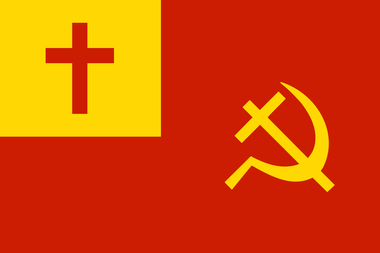
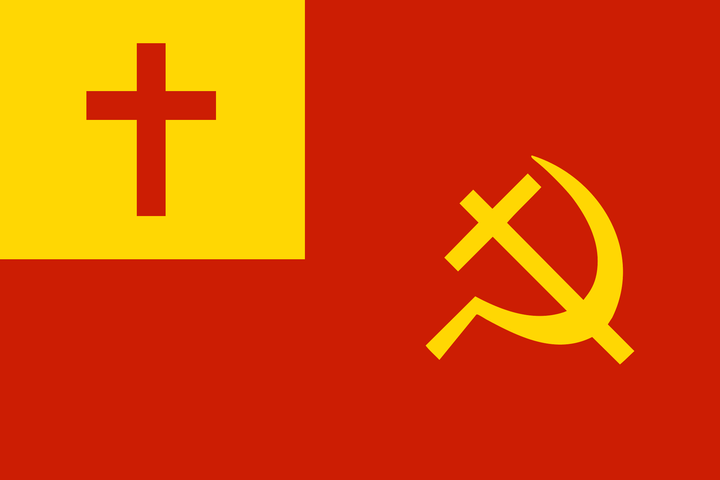
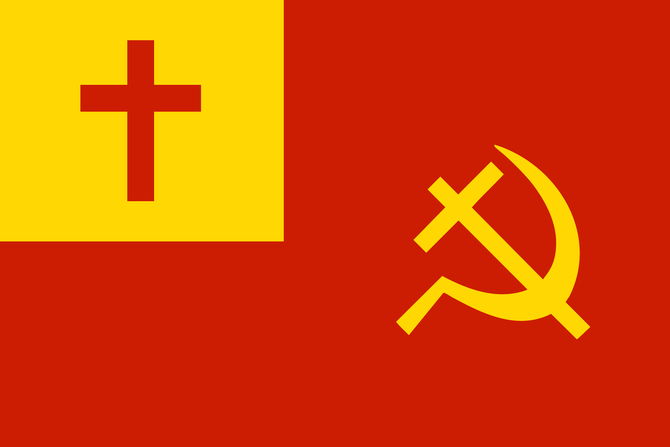
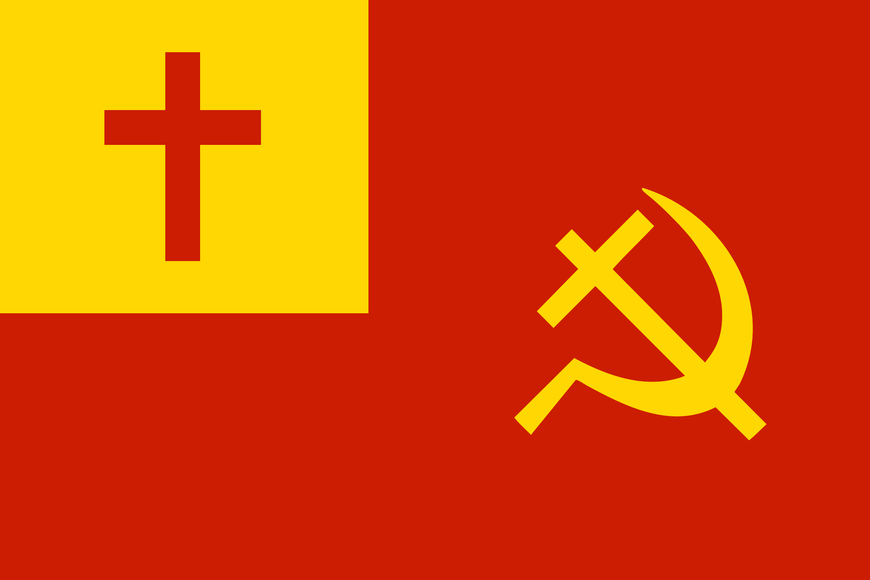
In world history, there are many examples of how a close intertwining of ideology and religion spawned a cult of personality, as well as communist leaders, attempting to replace religion with a cult of personality, repressing the church and controlling the life of the peoples. Stalin, Lenin, Mao, and other communist leaders had a firm stand on the church, depending on personal political needs. At the same time, the cult of the personality of all these deities in itself could claim the role of religion among the masses. The moment of sacralization of state power is present in the mass consciousness by default. The state is a very complicated mechanism, thanks to which order is maintained in society.
The most obvious conflict and the connection between the cult of personality and religion alone can be considered the activities of Stalin; however, this connection began during the politics of Lenin (Childers 1). With the advent of Soviet power in 1917, persecutions began against the Russian Orthodox Church (ROC), which took a massive and fierce character (Childers 8). Lenin from the first day began an open attack on the Orthodox Church, issuing a series of decrees on depriving the church of the status of the state, on the confiscation of church and monastic lands, property. Obviously, this was due to the fact that taking people's opportunity to follow the faith that guided the life of the people, the political leader could drive out his new religions, his political system and the cult of personality, and therefore completely move the people. Stalin, who created a colossal cult of his personality, continued the policy of his predecessor and the persecution of the church continued. At the same time, the cult of Stalin itself took actually the place of similarity of religion in the state.
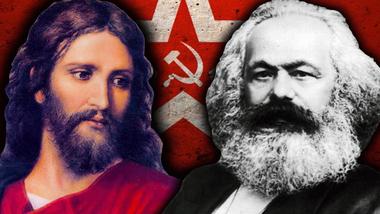
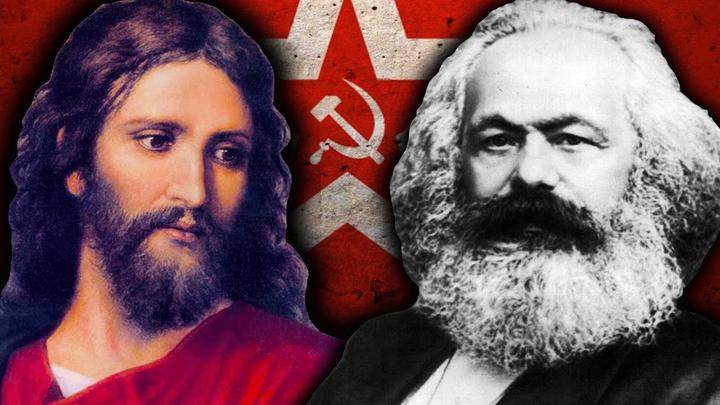
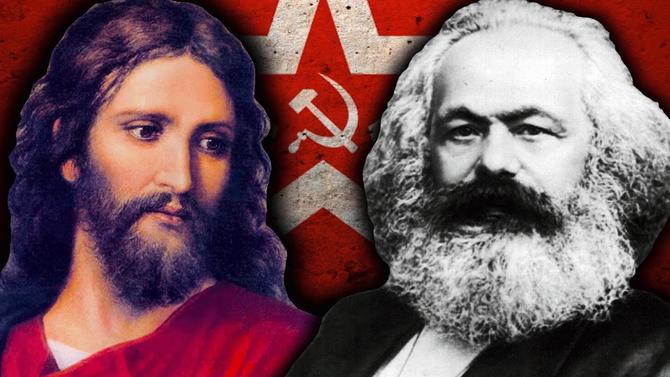
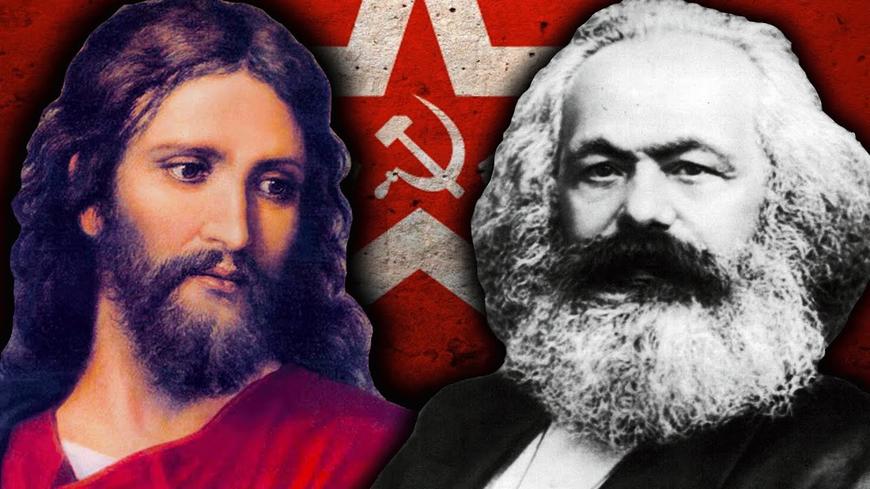
Realizing that removing religion from people's lives would make them easier to manage, Stalin created a policy regarding the church and believers, making religion almost illegal (Childers 23). However, it was veiled, so that mass discontent did not destroy the cult of personality. Thus, believers, if they share the party's social policy, can support it, but do not be members of the party. Anti-religious propaganda at that time was conducted in such a way: first of all, a person should be taught literacy, then educated, that is, acquainted with the basics of scientific knowledge, to fill the gaps in knowledge, thus to combat the religious prejudices of the crowd.
However, during the war years, a new course towards the Church took place in Stalin's policy to continue to maintain his power and personality cult under changed conditions. Therefore, for a number of external reasons connected with the war, Stalin was forced to adjust his policy towards the Church. One can assume that these reasons primarily consisted in the need to oppose German propaganda, to oppose something to the fact of opening many thousands of churches in the territories occupied by the Germans (Childers 49).
In the late 30-ies, the Russian Church was almost completely isolated. Relations with other local Churches were interrupted (Childers 47). As a result of a whole series of measures that were taken during the war and the first post-war years, the position of the Russian Church has changed significantly and international relations have been restored, as this was beneficial to the leader of the USSR. Nevertheless, after the war, it became clear to Stalin that he could not achieve much with the help of the Russian Church in terms of advancing Soviet influence in the world and the Middle East.
Therefore, this new church policy began to curtail. As a result, the foreign policy activity of the Moscow Patriarchate fell; the persecution of the Russian Church inside the country has increased again (Childers 53). One can notice that religious policy was determined by a purely pragmatic calculation. During the war, Stalin realized that it was in his best interest not to destroy the Church completely, but to use it for the needs, first of all, of Soviet foreign policy and the manipulation of people inside the country (Childers 52). However, when he saw that the possibilities of this use were limited, his interest in the Church fell sharply, and as a result, the persecution of the Church intensified. Here one can see a very clear connection between the failures of Soviet foreign policy with the use of the Church and the change in domestic policy towards the Church in such a way as to support the cult of personality and control over the people.
Attached file: The Relation between Cult of Personality and Religion.docx
Click download to get access to a full version of the paper
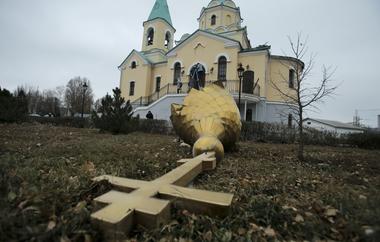
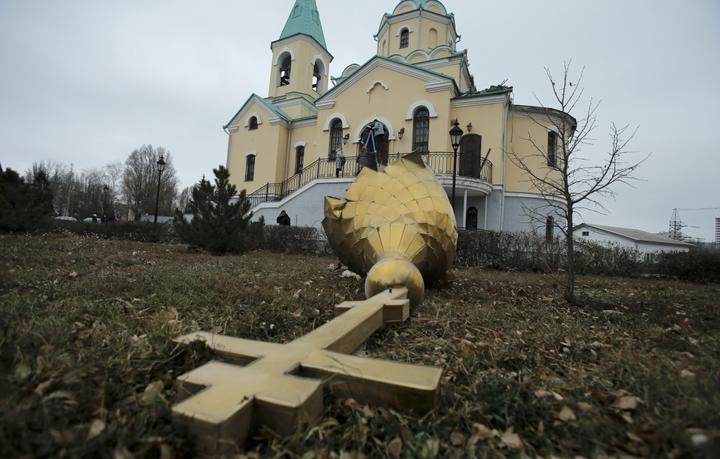
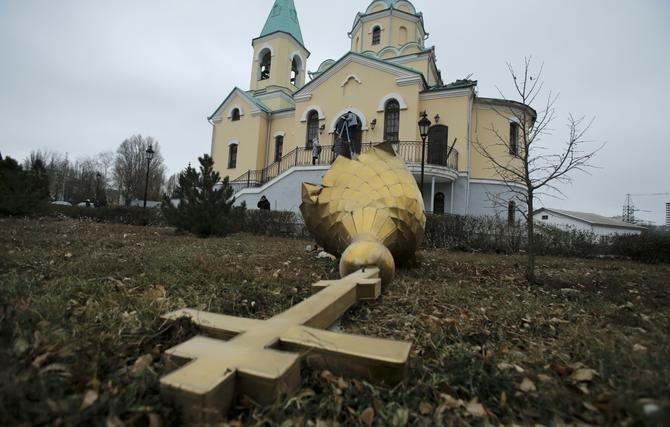
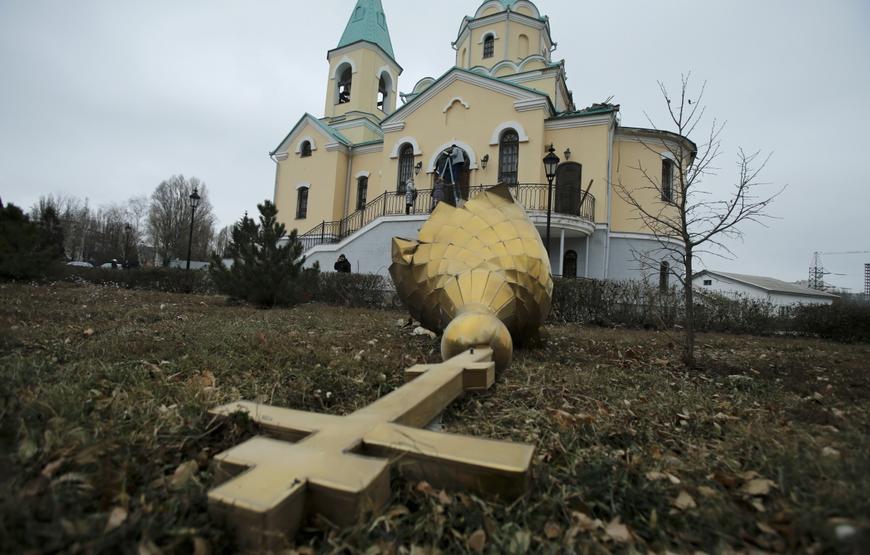
There are several points of view on the problem of the relationship between the Church and Soviet power. The first is that at first the Church was engaged in counter-revolution, and the Soviet government fought against it as a political opponent. Then the church leaders recognized the leader's policy and the Church became a part of the socialist society. Finally, even in the war years, the Church finally attested to its patriotic position, and therefore any grounds for further misunderstandings in the relations between the Church and the state, as it were, disappeared. Since that time, the Church has already enjoyed full rights and all the opportunities that Soviet laws provided to it.
Church leaders never tired of stating that the Church does not engage in any counter-revolution, the Church does not conduct any political struggle against the authorities, does not participate in conspiracies against it. However, from the point of view of power, any bearer of a religious idea that does not fully share the communist ideology was already a counterrevolutionary. It was such a profound ideological contradiction between communism and religion that was the main reason for the unfolding conflict. Therefore, Stalin had to control the place of religion in the state, not allowing ruining the cult of personality.
Thus, the connection between the cult of personality and religion during the communist regime of the USSR existed. The destruction of religious ideas and beliefs in society contributed to the growth of the personality cult of Stalin in the USSR. One can assume that the rejection of faith generated aggression in the psyche of citizens and destroyed the harmony between the mind and the unconscious. As a result, not religion and morality, and the cults of the country's leaders, first Lenin, and then Stalin, began to occupy a vacant niche.
Any religion was a manifestation of counterrevolution from the point of view of communist leaders. One of the secrets of the success of Stalin's cult of personality is precisely that, having created a religious vacuum, he managed to merge the supreme ideal in the minds of the people with the mythologized figure of the Leader and thereby endowed him with attributes of divinity and unlimited power. One may notice that the cult of personality here can mean not only the worship of the communist leader but also the emergence of a cult that virtually replaced religion, which became something similar.
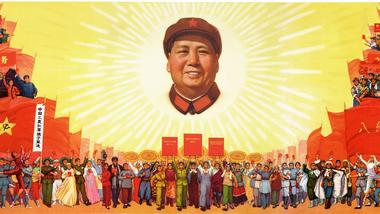


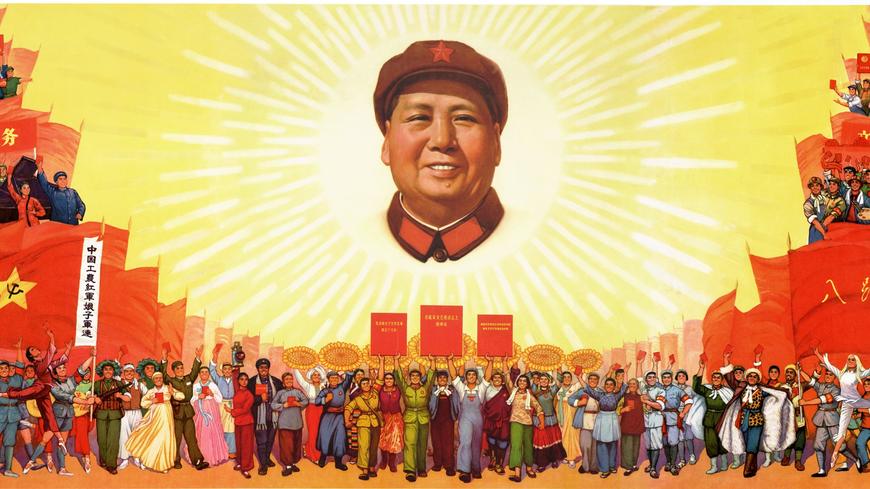
As for other communist leaders whose personality cults influenced the lives of the people, it all became to some extent religions for people; however, such a large-scale struggle with the church was not carried out. Talking about the rule of Mao Zedong, one can notice that he also controlled the religion of the country, supplanting it with his cult. China declares itself a secular state, tolerant of all religions of the world. Each of the religions has its own temples, they created local and national associations, and they are not controlled by state bodies and observe a strict hierarchy. However, during the so-called Cultural Revolution, all religions were banned and China preached only one religion - atheism. During this period, the cultural life of China stopped and collapsed. Libraries, monuments, temples, especially Christian ones, were subjected to cruel destruction and persecution.
However, along with atheism, one can consider the personality cult of Mao Zedong as the worship of the supreme deity. People read his collection of quotations instead of prayers, and the images of saints were replaced by his portrait. The revolution and the destruction of temples were an indicator of the desire of followers to pray to Mao and deify him. Confucianism as a philosophy and religion only after the proclamation of the PRC, in the era of Mao Zedong, was blamed by the state as an old philosophy that appeared against the new culture (Zhang & Barry 195).
One can assume that the moments of the competition of ideology played a greater role here. The most devoted fan of Mao was the youth, who saw in him the only guardian of the purity of the revolution, a prophet who promised to cleanse the state of the disastrous past and create a new better future. This belief, the cult of Mao's personality, replaced religion for the period of his power in China.

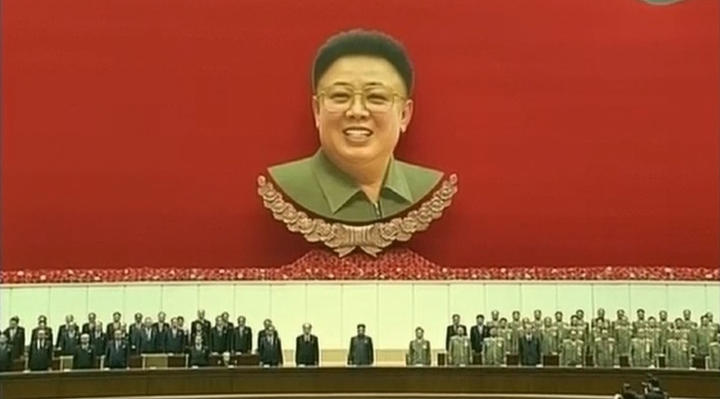
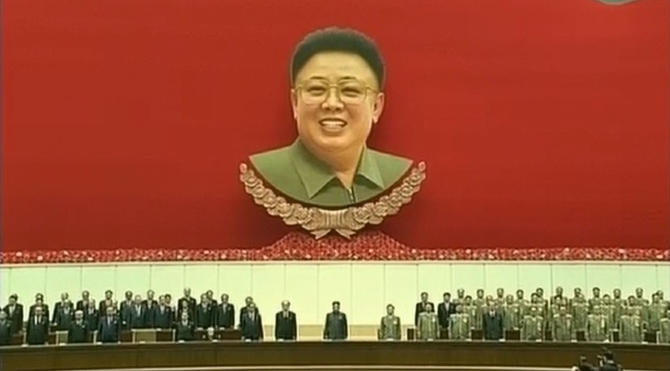
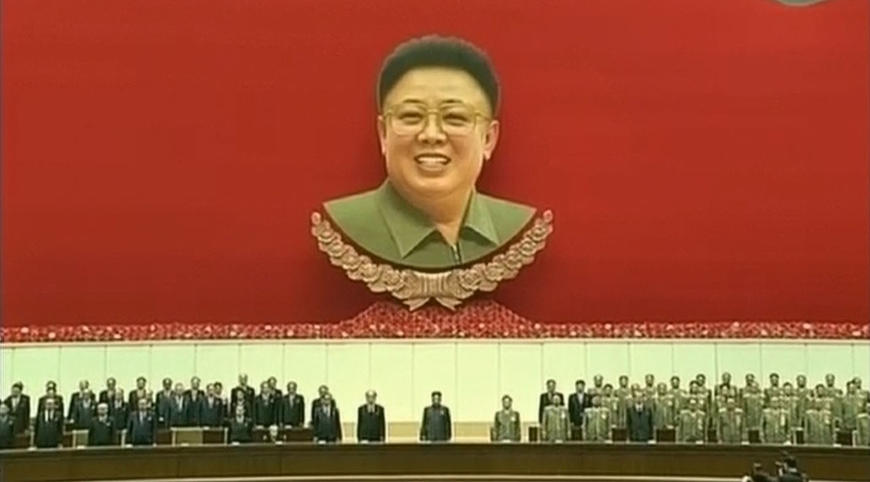
Kim's family has an interesting connection with religion. North Korea was not subjected to persecution of religion; however, even without political opposition of religion and churches, the cult of Kim's personality was elevated to the level of a religious cult, combined with Juche ideology. Faith in Kim family is comprehensive, their portraits are everywhere, and the cult of personality has not disappeared even after their death. One can infer that the Kim family has made tremendous progress in elevating their personality cult to the level with religion, because the people deify them, attributing them miracles and the possession of divine wisdom. The shrine of Kim Il Sung and Kim Jong Il is a huge palace, which testifies to the deep respect of the people and their attitude to them as saints. In addition, the fact of coverage of miracles and natural events supposedly in honor of the death of Kim Jong Il shows a deep faith in the leader (“Kim Jong-il death”). All this suggests that North Korean leaders have created a powerful cult, placing themselves on a par with religion.
As for the Cuban communist leaders, for the youth of many countries Ernesto Che Guevara became a symbol of youth rebellion, the inhabitants of Bolivia and Cuba practically formed the cult of Che Guevara as a saint. At the same time, the appearance of the commandant of the Cuban Revolution, Fidel Castro, was far from the norms of communism, since Fidel grew up in a religious family, was educated consistently in Catholic educational institutions, worked closely with the Catholic episcopate during the struggle against Batista, and even after coming to power, conducted his own, unlike Soviet, line to the Church (Hollander 206). Thus, Fidel did not see the possible harm to religion for his political activities, not recognizing the anti-government activities of the church as distinct from many other communist leaders.
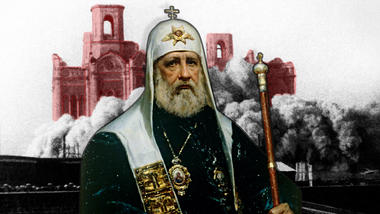
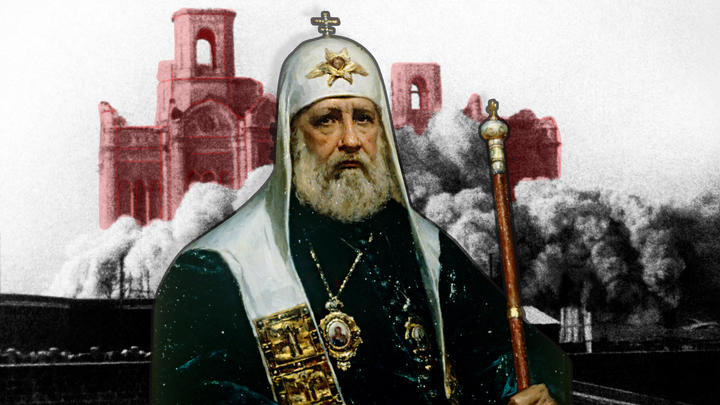
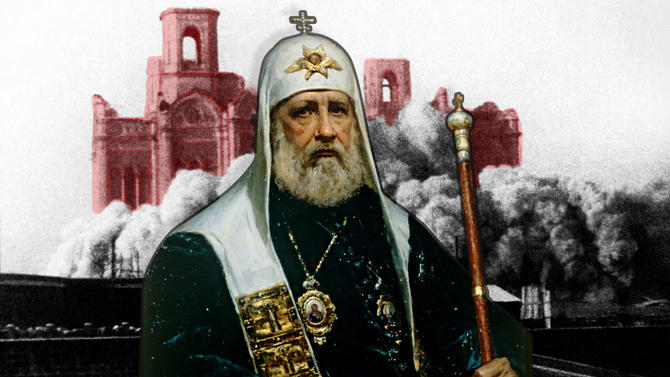
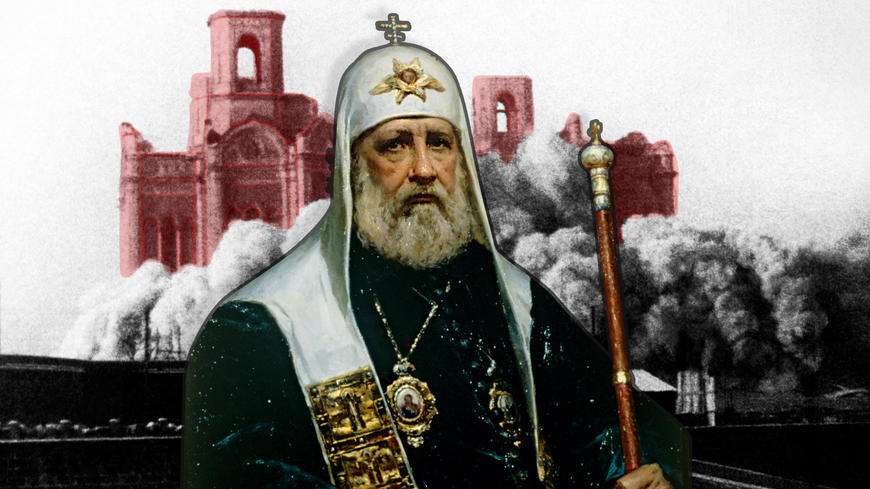
Turning to another communist leader, Nicolae Ceausescu, one can say that the cult of his personality is the least like a religious cult, and also his policy did not severely control the church, apparently not considering that it can be a competing force in his political activity and management of the people. After the Communists came to power in Romania, the position of the Romanian Orthodox Church deteriorated, as in the USSR. However, Ceausescu weakened the persecution of religion. This allowed many believers to regard him as not the worst representative of the communist regime and to feel a weaker control and dictatorship.
Nevertheless, authorities had to pay for the relative tolerance of the Romanian church. All sides of church life were under the supervision of the secret police. However, in general, religious life in Romania did not suffer during the reign of Ceausescu, and in general, the Church suffered little in comparison with other countries of Eastern Europe. Proceeding from this, one can conclude that the Ceausescu cult had the smallest scope and did not claim the place of religion in the state. Nevertheless, religion was controlled by the authorities in order to have a certain influence over the people through it (Pope 1).
The origin of the personality cult is inextricably linked with religion and religious consciousness, when people, being unable to explain certain events, attributed these actions to the supernatural powers and abilities of a certain person who is able to give people an answer to their questions. Thus, the communist leaders, embodying courage, courage, nobility, honesty, justice, and sometimes all-encompassing power over the people, artificially dislodged religion for better manipulation of people, and as a result, sought to erect a cult of their personalities in one place with religion. The people believe sincerely and deify their leader while losing their old faith; it becomes more vulnerable to the political system and the communist regime.
The authority of the leader is reinforced by a brutal political force, forcibly imposing a cult instead of any other religion. With the emergence of the state, the creation of a bureaucratic apparatus and the alienation of power, religious beliefs about the personality cult are even more colorful. The state concentrates in its hands a huge power, it begins to control all spheres of public life. Its activities seem to take on a supernatural character, especially when it is personified in the person of leaders. Thus, examples of the policy of the main communist leaders in relation to the religion of the state, the use of persecution and control of religious institutions, and the transformation of the cult of personality into a kind of religions testify to the close connection between the phenomenon of the personality cult and religion, their intertwining and interdependence.